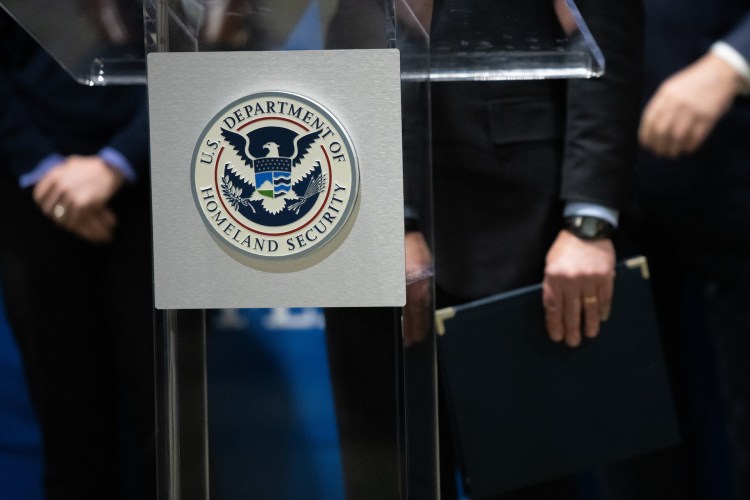THE Philippine government is committed to reverse the decades-long underinvestment in infrastructure, Finance Secretary Benjamin Dio2kno said on Thursday.
“Infrastructure spending is front and center of our growth
strategy. From 2001 to 2015, average infrastructure spending was only at 2 percent of GDP [gross domestic product],” he said at the Philippine Economic Briefing (PEB) held on the sidelines of the World Bank-International Monetary Fund (WB-IMF) Spring Meetings.
Diokno, moreover, said the government is determined to sustain high infrastructure investment for the next six years through the public-private partnership (PPP) mechanism, which will enhance energy, logistics, transportation, telecommunications, and water infrastructure in the country.
“Now, the spectrum of industries that foreign investors can participate in has grown wider than ever before. The economic liberalization measures that the Philippine government has enacted in recent years have opened up key high-growth sectors to international participation,” the Finance chief added.
The amendments to the Retail Trade Liberalization Act (RTLA), Foreign Investments Act (FIA), and the Public Service Act (PSA) relaxed foreign restrictions on investments in the country.
Companies engaged in solar, wind, hydro, and tidal energy are also welcome to invest in the Philippines’s renewable energy (RE) sector now that it has been opened up to full foreign ownership, Diokno said.
The Philippines, he added, also offers a simpler and more effective fiscal incentives system that is performance-based, time-bound, targeted, and transparent through the Corporate Recovery and Tax Incentives for Enterprises (CREATE) law.
From August 2021 to December 2022, total investment capital from approved priority activities with incentives under CREATE has already reached P414.3 billion. This covers priority activities above P1 billion.
“[We] invite you to take a look at our Strategic Investment Priority Plan [SIPP], which identifies priority industries, projects, and activities that can be granted fiscal incentives under the CREATE Act,” Diokno said.
The 2022 SIPP serves as the primary basis for determining priority industries, projects, and activities that can be granted fiscal incentives under the CREATE Act.
Categorized into three tiers, priority projects and activities listed under Tier III are directed toward emerging technologies that are consistent with the fourth industrial revolution, such as: artificial intelligence, nanotechnology, biotechnology, advanced digital production technologies, and innovation support facilities including space-related infrastructures.
Moreover, these activities represent those that are qualified for longer income tax holidays.
“The Philippines’ impressive economic performance is the result of years of interconnected structural reforms,” Diokno said.
For his part, Ndiamé Diop (WB Country Director for the Philippines) agreed that opening up key sectors to investment is a significant move for the Philippines.
“It has been recognized that in the context of Philippines, the speed, the scale, and the impact of the infrastructure push would be limited if you don’t open up very key sectors, infrastructure sectors, to all investment, all type of investment including foreign direct investment,” he said.
“In fact, the investment regime of the Philippines has for a long time been one of the most restrictive in the region,” Diop added.
The overall business outlook in the Philippines is more upbeat despite high inflation and external headwinds. The Bangko Sentral ng Pilipinas (BSP)’s recently released Business Expectations Survey (BES) revealed entrepreneurs to be optimistic toward a sustained positive outlook until the next quarter and over the next 12 months.
“Now, we are unfurling our sails to journey towards shared and sustainable economic prosperity, and your investments will be the wind driving this forward,” Diokno said.
 1 year ago
47
1 year ago
47

